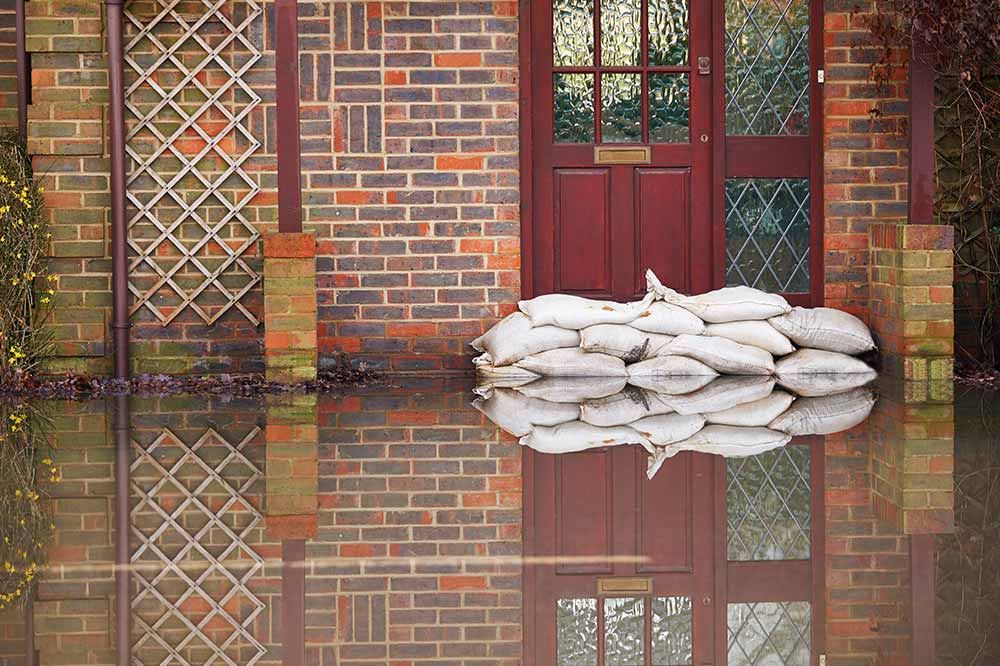Planning out emergency procedures is not exactly one of the fun aspects of your responsibily as a restaurant owner. No one wants to imagine their business (and your staff, and your customers) being in severe danger due to a natural disaster.
However, if you’re on or near one of the coasts, hurricane planning needs to absolutely be part of your job. There are too many restaurants that close down every year — often permanently — because of the wind and water damage incurred during a hurricane. By taking steps now, you can minimize the damage to both people and property in your restaurant.
1. Sort out your insurance.
One of the very most important parts to being prepared for a hurricane in the restaurant industry is making sure your insurance covers exactly what you need it to cover. Without the necessary coverage, damage from the storm could cost you thousands of dollars … or even close you for good.
Look over your policy, make sure it’s exactly the coverage you need for your particular location and for what damage you can anticipate from the storm. For instance, does it only cover wind damage, or does it also cover flood damage? The possibility your building will experience both kinds of damage in a hurricane are high (depending on the structure of your building and the severity of the storm), but some policies will split up wind and water damage as two separate things. If you need more coverage, then adjust it as soon as possible. Better to be safe than sorry.
2. Take a complete inventory of the business.
Taking a written inventory of food, supplies, equipment, technology, and furniture will help the claims adjustor calculate loss if there is anything damaged. Store this list off-site in a secure location that won’t be affected by the same weather conditions as your business.
If you’re also able to take photos or video of your inventory, definitely do so. Taking pictures or video of all the entry ways and ceilings before the storm can also be used later to show any building damage specifically caused by the hurricane. All of this is will help make the insurance process go smoother in the long run.
3. Restock your emergency kit.
Useful in all sorts of emergency situations, this kit should include blankets, a back-up generator, flashlights, batteries, body cleaning wipes, and anything else you think you might need if stuck in the building during the storm. Of course, you should already have a first aid kit on the premises, but double check that it is stocked correctly and in an easy-to-reach place in your kitchen.

4. Protect your business records.
Your financial and professional information is crucial to your business. You do not want those documents to get damaged or destroyed due to a hurricane. Make sure to backup all your records electronically and move your paper records off-site. Many information and records storage solutions are available for businesses, large and small, and can guarantee your important documents survive any natural disaster.
5. Keep hardware supplies on hand.
Having a stock of sandbags, plywood sheets, 2x4s, and nails on hand long before disaster rears its ugly head will put you in a much better position to protect your assets and human life. Just like not waiting until after a blizzard hits to purchase sidewalk salt, having emergency supplies — and the tools with which to adhere them to your structure — will help prevent injury and property damage as the storm begins to hit.
6. Have an emergency plan with your team.
Everyone — from managers to temporary employees — should know their role and their responsibility, either in preparing for a storm or in the event a storm hits suddenly. Have your managers (or more seasoned non-managerial employees) help you call vendors, customers, the utility company, and anyone else who you’ll need to coordinate with at this time. Train every staff member to know how to board up windows and place sandbags correctly so that those necessary steps get done no matter who is able to make it to work.
7. Prepare a checklist.
Having a master checklist (made well in advance) will help you ensure everything gets taken care of in time before the storm hits you. Include the name of the assigned person next to their task so you can keep track of everyone’s progress.

8. Don’t underestimate “smaller” dangers.
Nor’easters are similar to hurricanes, but with some specific differences that you should be aware of. While they tend to have slower wind speeds than hurricanes, nor’easters often are quite larger in scope, with some reaching thousands of miles. That means if you think you’re far enough from the beach that you won’t be affected by the bad weather, you might be setting your business up for disaster.
Nor’easters also tend to last more days than hurricanes, which can result in deeper water damage if you aren’t properly protecting your property. These dangerous storms also add the challenging element of heavy snow along with the harsh winds, rain, and debris. Be prepared to offset the frigid temperatures with blankets in case you or anyone else gets stuck in the restaurant. Also be prepared for flooding issues once said snow melts.
9. Make safety your first priority.
The safety of you, your staff, and your guests should come first. Figure out a plan for if people need to take shelter in your building and figure out a plan for if you have to evacuate. Having your managers take a basic first aid class can be helpful in a hurricane emergency (and that knowledge can be useful in other emergencies as well).
10. Reach out to your neighbors.
Are you worried about missing some key preparation step related to your particular community or area of the country? Or just want to know how bad things have gotten before? Don’t be afraid to reach out to your fellow local restaurant owners and ask what they do to get ready for hurricanes and nor’easters.
Yes, some of your neighbors might be your fiercest competitors, but it doesn’t hurt anyone’s business to help each other out when it comes to emergency prep. They might have some insight into past emergency experiences that you can implement in your own plan. And in the end, a strong, safe community makes for good business for everyone.
It’s also important to reach out to your local authorities for information on how to protect yourself and any evacuation procedures they may require. Your police and fire department contacts will have instructions and advice that you should take seriously and follow to the letter.
Need a back-up plan in case the worst occurs? Download our free eBook “What’s Eating at Your Restaurant Cash Flow?” to see how this winter may affect your revenue stream:






